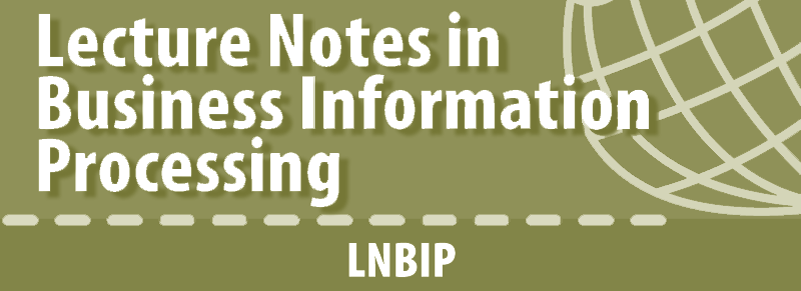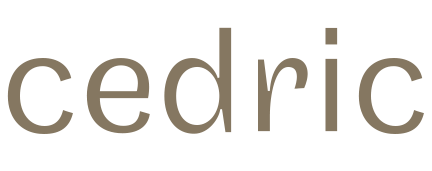Call for PapersIn conjunction with CAiSE’20, Grenoble, France, June 8-9, 2020.In the era of Digitalization, new technologies (Internet of Things, Augmented reality, Cyber-Physical Systems, Cloud Computing, and so on) change not only enterprises and organizations functioning, but also all aspects of human life: robots assisted disabled people, smart buildings, digital enhanced visits for heritage, serious games for learning… the list is long. These various technologies are intended to improve or enhance life of humans. In one way or another, they contribute to a smarter life. Until now, digital technologies have been brought into the game as silo solutions. Reasoning holistically about information in the context of a bank or a manufacturing plant is routine practice. However, it is less common with emerging technologies for everyday life public digital application. We deeply believe that methods, models and techniques inherited from IS engineering research could considerably improve the way human interact with the digital world and would change the user experience. The goal of the workshop is to bring together researchers and practitioners who are interested in the application of disruptive technologies to Smarter Life. The workshop topics include, but are not limited to, the application and emerging concepts of rising digital technologies to different fields of life through the perspective of information systems:
As this holistic approach mixing human life and digital systems is a challenge for the 21st century and the society we are building, we are also inviting contributions about:
We invite both research and practice oriented papers focused on digitalization of various aspects of life. Submission: The length of the paper should not exceed 12 pages (including all text, figures, references and appendices) for full papers, or 6 pages for short papers. Authors should consult Springer’s authors’ guidelines and use their proceedings templates, either for LaTeX or for Word, for the preparation of their papers. Springer encourages authors to include their ORCIDs in their papers. In addition, the corresponding author of each paper, acting on behalf of all of the authors of that paper, must complete and sign a Consent-to-Publish form. The corresponding author signing the copyright form should match the corresponding author marked on the paper. Once the files have been sent to Springer, changes relating to the authorship of the papers cannot be made. Submission link: https://easychair.org/conferences/?conf=caise2020. Post Workshop Publication: The authors of the best accepted papers will be invited to submit an extended version to a Special Issue of the Springer Human–Computer Interaction Series (https://www.springer.com/series/6033). Important Dates:
Workshop Chairs:
|
   |